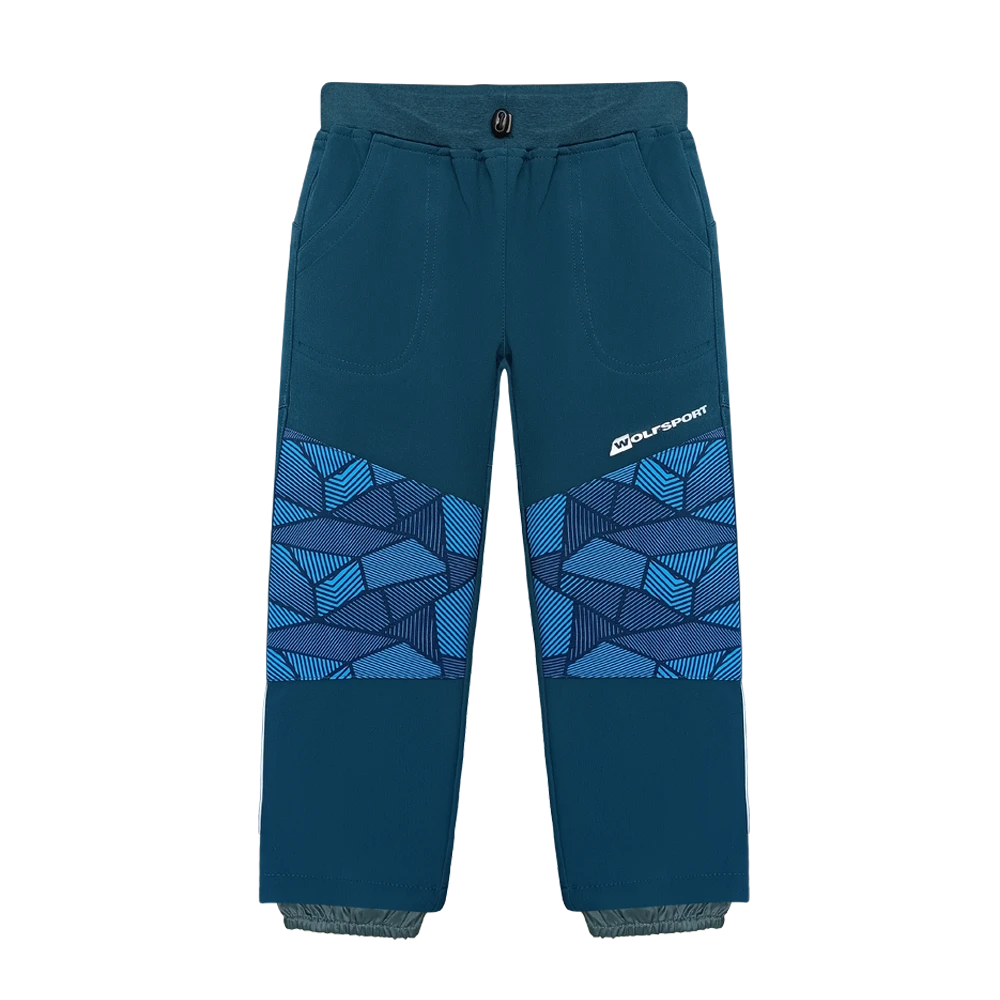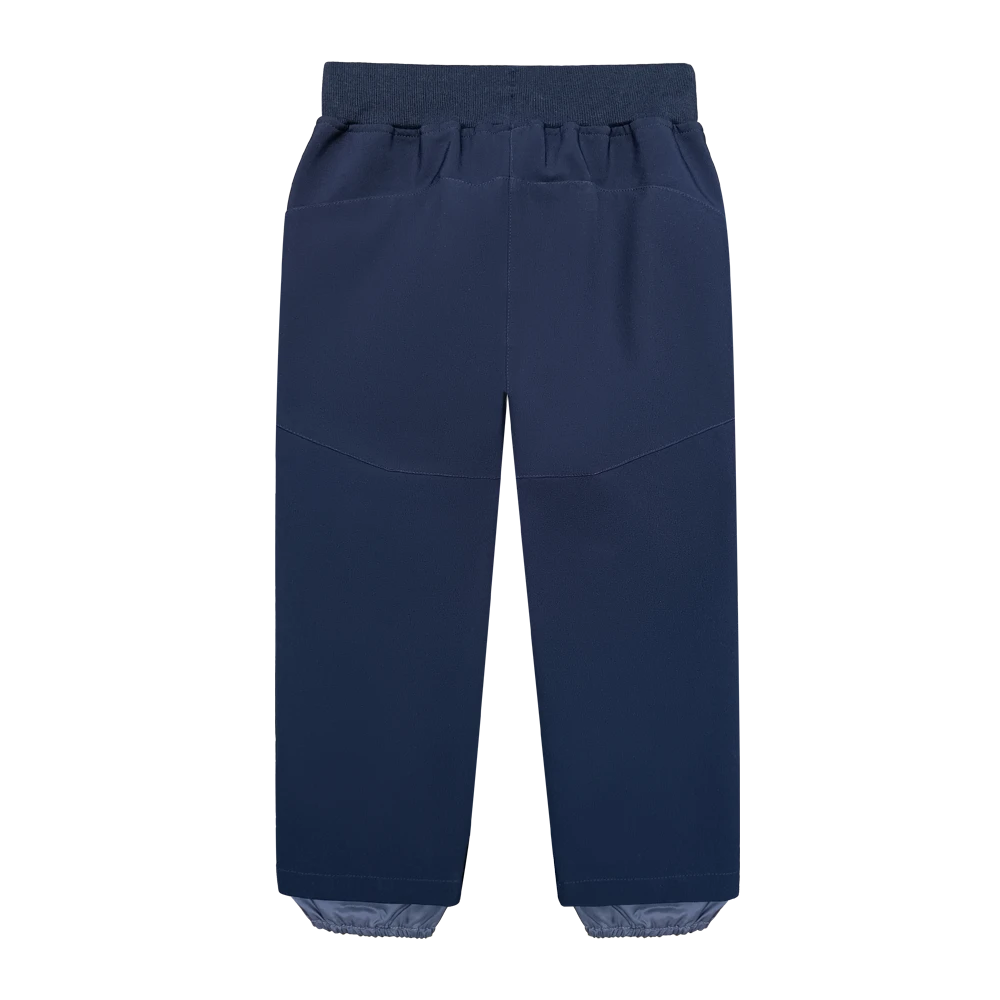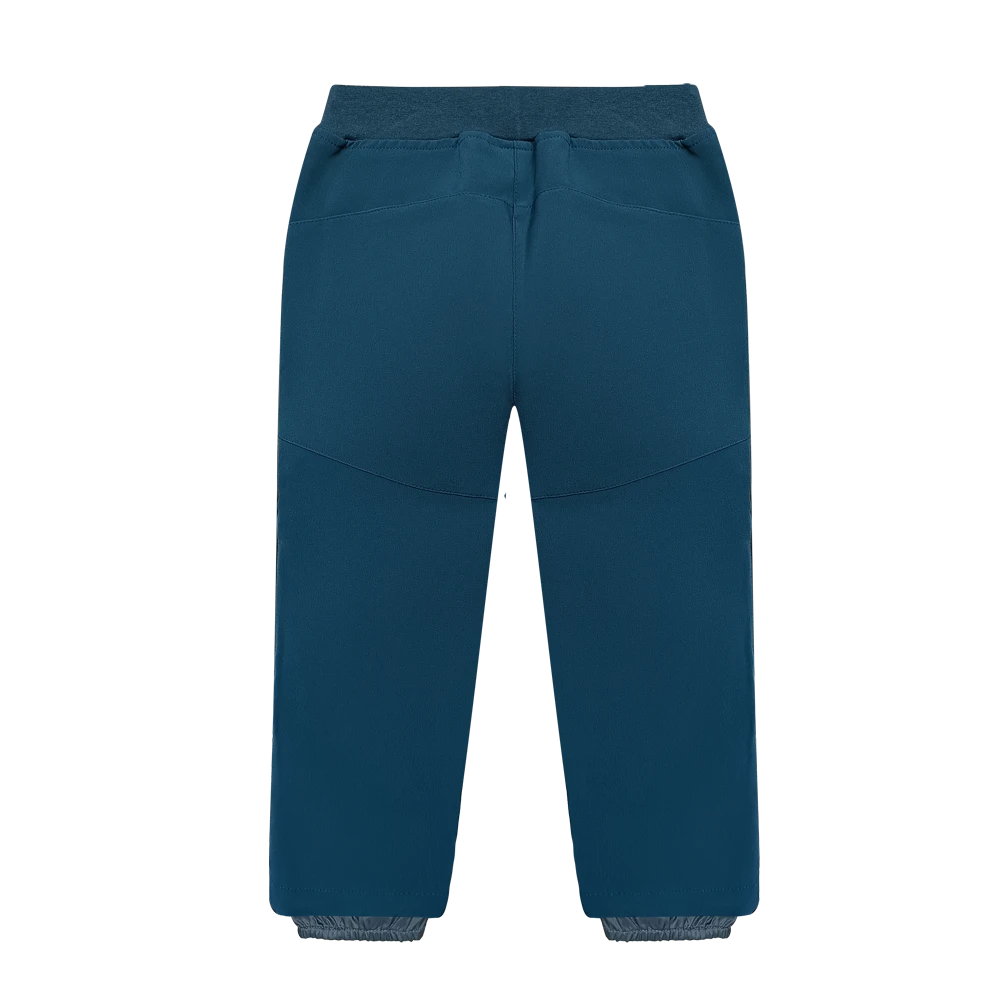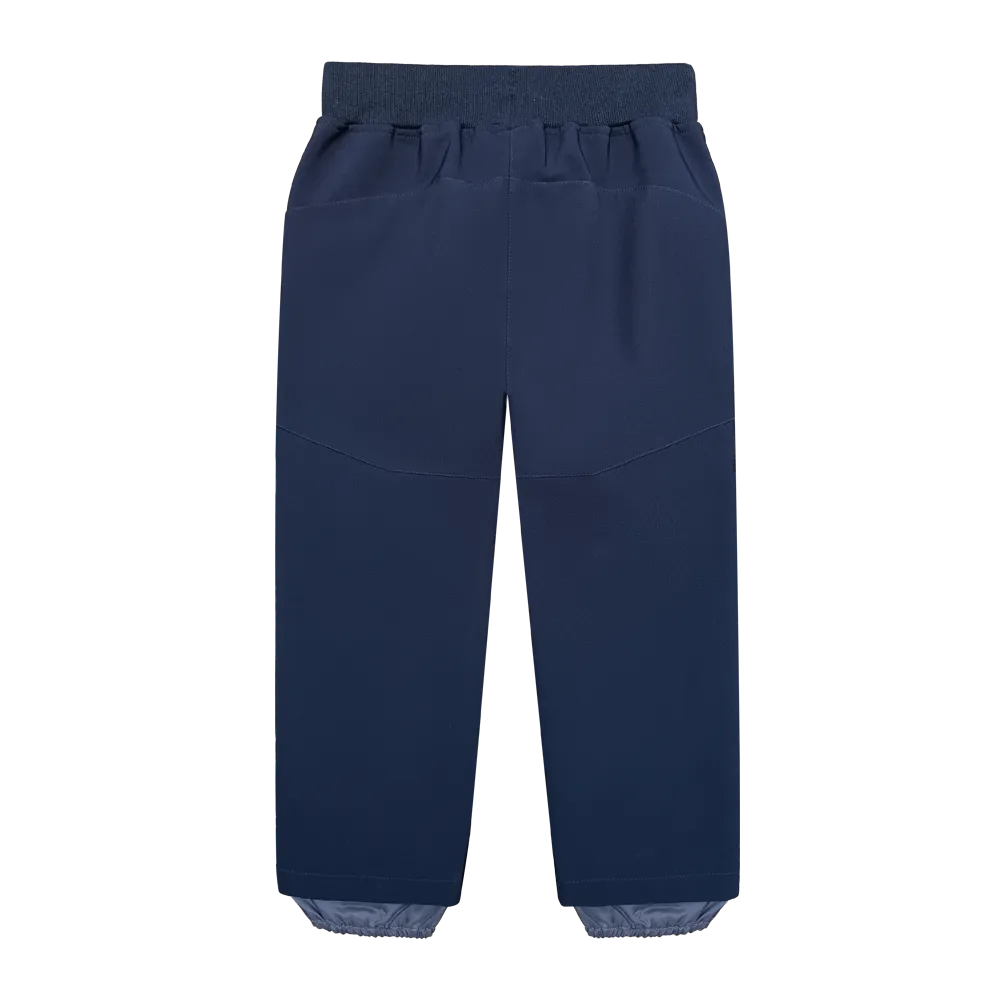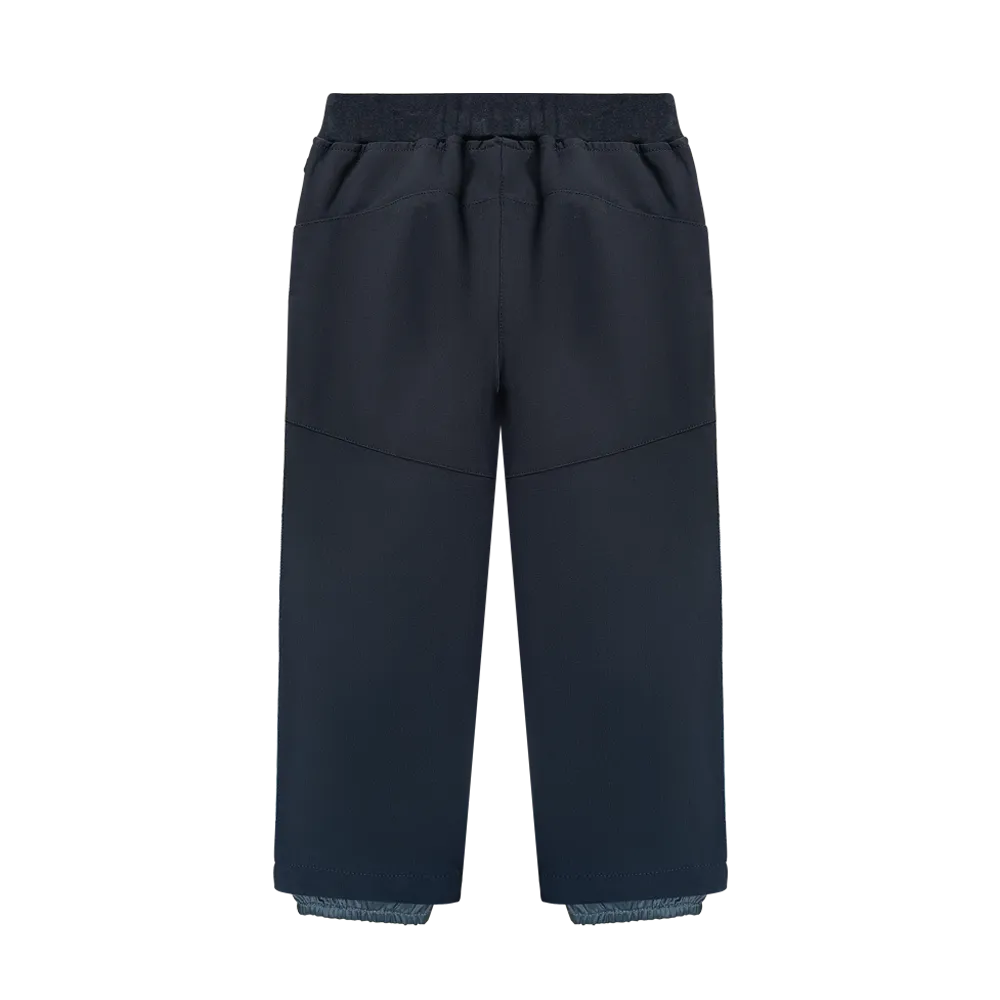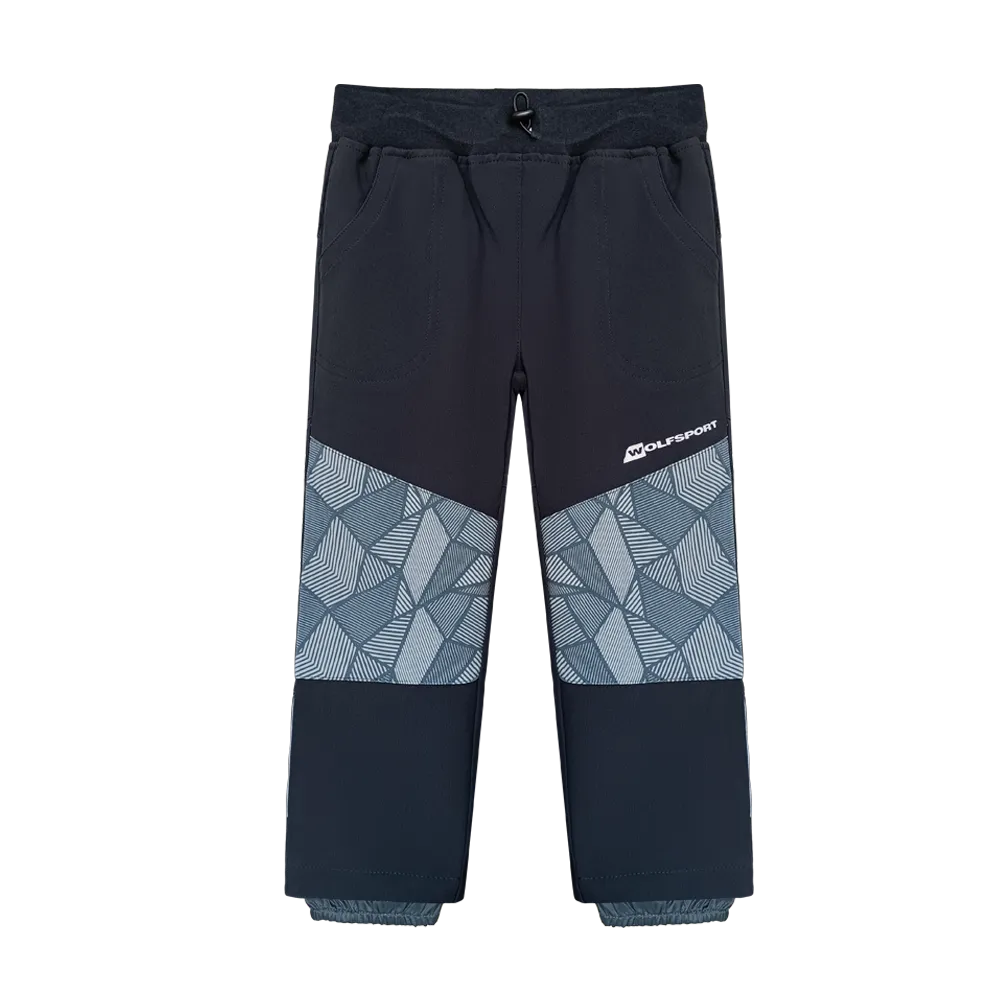
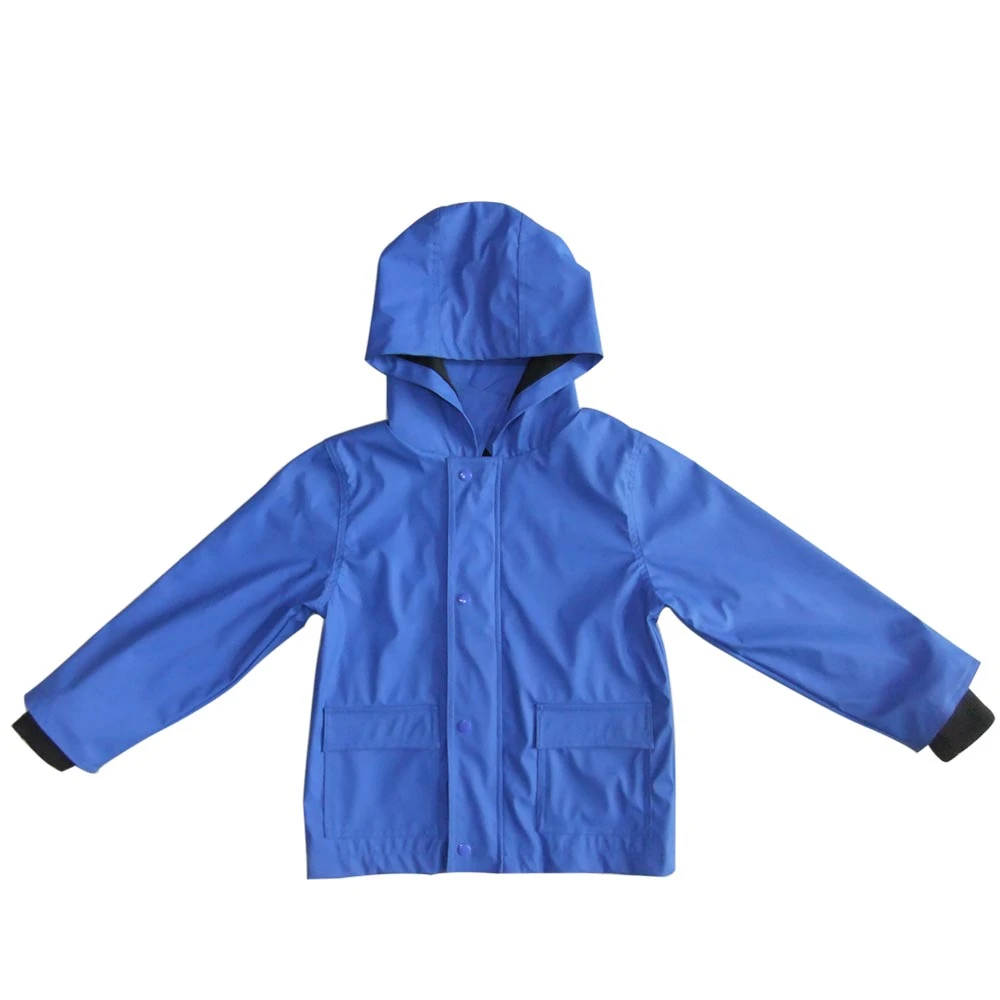
In terms of production expertise, the manufacturing of organic cotton shirts must adhere to strict standards, often certified by recognized bodies such as the Global Organic Textile Standard (GOTS). Such certifications assure consumers of the product’s authenticity, underpinning claims of sustainability with verifiable commitment. For manufacturers, gaining such credentials not only enhances market reputation but also broadens access to eco-conscious consumer segments, thereby driving growth. The expert craftsmanship involved in creating organic cotton shirts further solidifies their market position. Artisans skilled in sustainable garment production apply traditional techniques, combined with innovative methods, to optimize fabric utilization and reduce waste. This meticulous attention to detail not only minimizes environmental impact but also elevates the quality and aesthetic appeal of each garment. Trust in organic cotton shirts also stems from their traceable supply chain. Consumers today value transparency, wanting to know the origins of their purchases. Brands that provide traceable information about their organic cotton supply chain build a narrative of trust and authenticity, fostering deeper consumer connections. Ultimately, choosing organic cotton shirts represents more than just a purchase; it's an investment in a sustainable future. Buyers become active participants in the global movement towards environmental stewardship and ethical consumption. As awareness continues to rise, the demand for organic cotton shirts will likely continue to soar, marking a transformative trend in sustainable fashion. Embracing the organic cotton trend is not just a nod to personal style; it is a powerful statement of environmental consciousness and a turn towards a more sustainable, responsible way of living. For anyone seeking to make a significant impact through their fashion choices, organic cotton shirts are undoubtedly the way forward.








